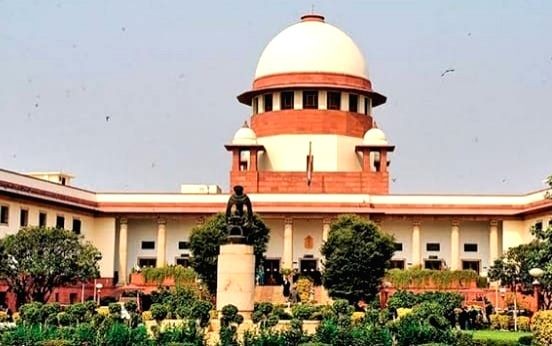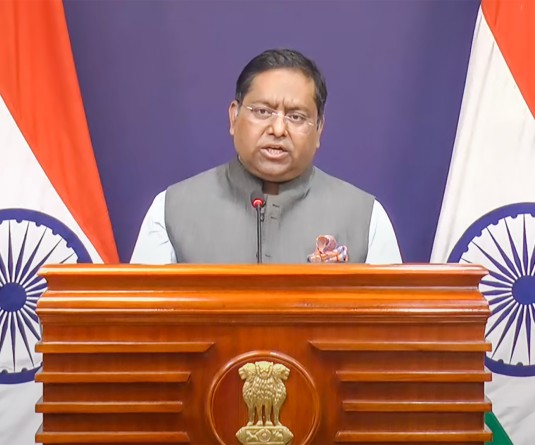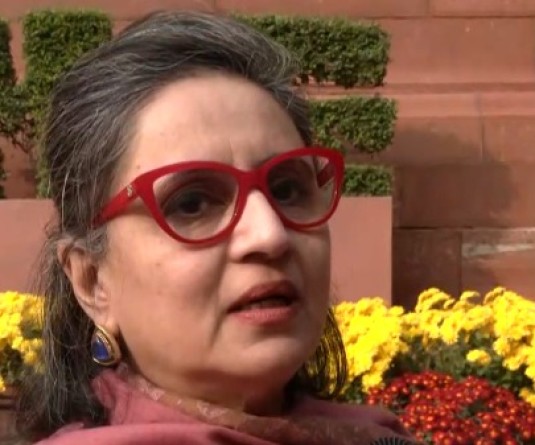Supreme Court of India. (IANS File Photo)

New Delhi, September 7 (PTI): The Supreme Court Tuesday said the National Green Tribunal (NGT) is an umbrella authority created to ensure that concerned authorities under the respective enactments work in tandem for the protection and cause of environment.
The apex court, which is examining the issue of whether the NGT has the power to take suo motu cognisance of a matter, said if the authorities fail to issue directions when it is required then the tribunal can immediately step in and direct them to exercise their power and take remedial and corrective steps.
A bench headed by Justice A M Khanwilkar said the NGT cannot take over the job of the concerned authority under the respective enactments but it can force them to work in a manner which is required by the law.
The bench, also comprising justices Hrishikesh Roy and C T Ravikumar, observed that authorities are already there under the respective laws for implementation of the enactments.
But, this is an umbrella authority created to ensure that all the authorities under the respective enactments are working in tandem and give directions to protect the environment and the cause of environment, the bench said.
The NGT will not take over the job of the authority under the respective enactments but it can force that authority to work in a particular manner which is required by the law, it observed.
Senior advocate Sanjay Parikh, appearing for one of the applicants, told the bench that ultimately environment has to be protected as these are matters where generally people are affected.
He said it is the duty of the state to protect the environment and the tribunal can't be denied the right to address issues related to environmental degradation.
When you say right and power, it is also the duty of the tribunal, the bench observed.
Parikh said the tribunal can act on the basis of information and also on newspaper reports which really points out that there is environmental degradation.
During the arguments, which would continue on Wednesday, the bench also heard submissions advanced by senior advocate Anand Grover, who is assisting the top court as an amicus curiae in the matter, and senior lawyer Nidhesh Gupta.
On September 2, the Centre had told the apex court that NGT does not have the power to take cognisance of a matter on its own as it is not there in the statute.
The Ministry of Environment, Forest and Climate Change had told the bench that procedural aspects cannot tie up the powers and jurisdiction of the peculiar tribunal which has been constituted to deal with environmental matters.
It is our respectful submission that the suo motu power is not there. However, to stretch it to the extent of saying that any letter, any application etc also can't be entertained will be stretching it too far, the counsel appearing for the ministry had told the apex court.
The top court had earlier observed that purpose and intent behind the provisions of the NGT Act have to be kept in mind while dealing with the matter.
The bench was hearing a batch of petitions in which issue regarding whether the NGT has power to take suo motu cognisance of a matter has cropped up.
In one of these matters, the NGT had earlier taken suo motu cognisance on the issue pertaining to solid waste management in Maharashtra and imposed cost of Rs 5 crore on the municipal corporation.
The apex court was earlier told that the Bombay High Court was already monitoring the issue of solid waste management in Maharashtra and the NGT should not have taken cognisance on its own in the matter.






